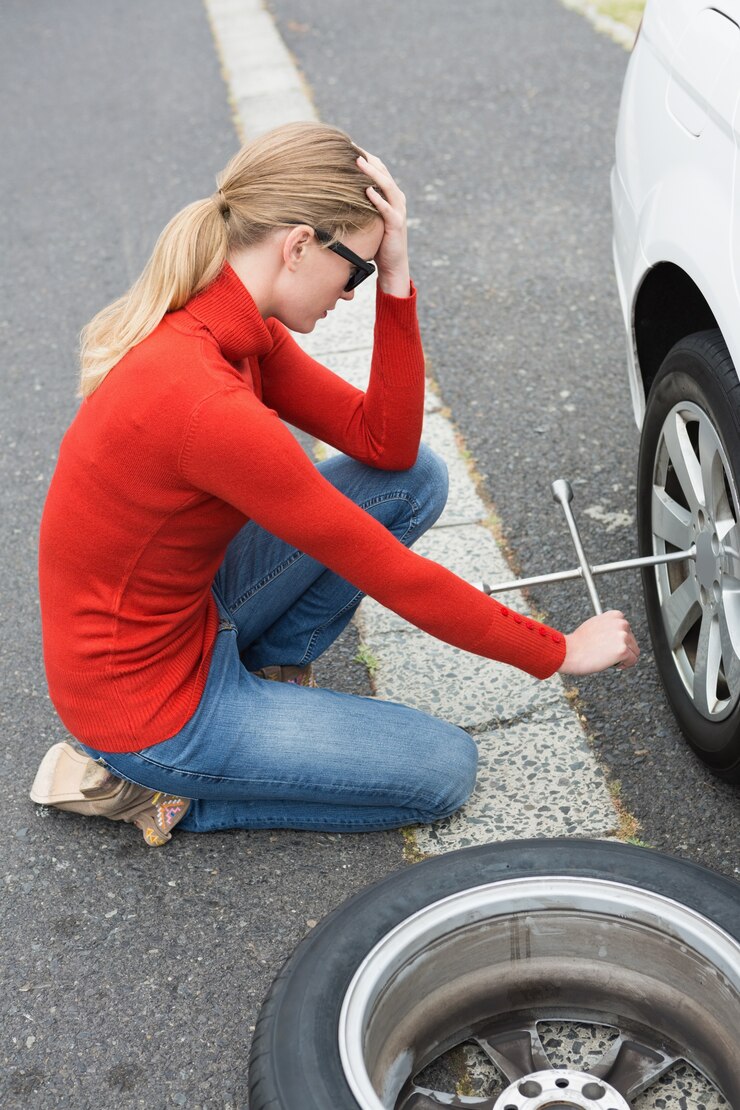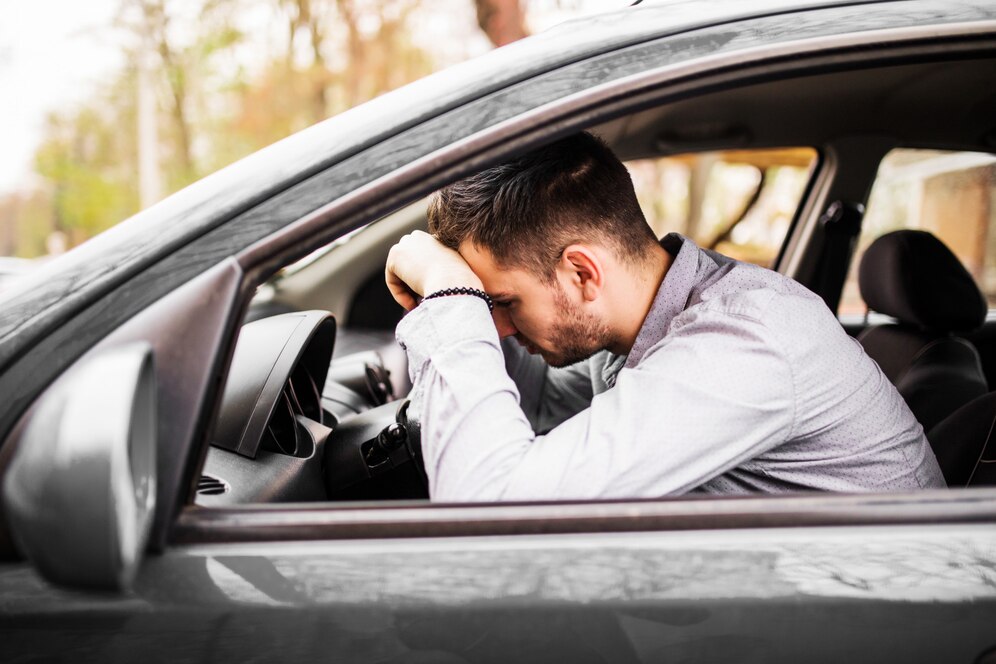Introduction
Your car’s braking system is one of the most critical safety components. When brakes fail or behave unpredictably, it puts you and everyone else on the road at risk. Understanding the causes of brake failure, recognizing the warning signs, and taking steps for prevention can save lives and prevent costly damage.This article explains the most common reasons for brake failure, how to spot trouble early, and what you can do to keep your brakes in top shape.

Common Causes of Brake Failure
Over time, brake pads thin out due to friction. When they wear down completely, they can no longer grip the rotors properly, resulting in poor braking performance or complete failure.
Leaking Brake Fluid
Brake fluid is essential for transferring the force from your foot to the brake system. A leak in the brake lines, master cylinder, or calipers can cause a loss of pressure, making the brakes unresponsive.
Overheating Brakes
Aggressive driving, towing heavy loads, or descending long hills can cause the brakes to overheat. This leads to “brake fade,” where the brakes become less effective due to heat buildup.
Malfunctioning Master Cylinder
The master cylinder is the heart of the brake system. If it fails, the hydraulic pressure required for braking is lost, leading to total brake failure.
Air in Brake Lines
If air enters the brake lines, it can compress during braking — unlike brake fluid — resulting in a soft or spongy brake pedal and reduced effectiveness.
ABS System Failure
A problem in the Anti-lock Braking System (ABS), such as a faulty sensor or control module, can interfere with brake performance, especially during emergency stops.
Symptoms of Brake Failure
Recognizing the early warning signs can help you act before a total failure occurs:
Spongy or soft brake pedal
Grinding, squealing, or squeaking sounds
Car pulling to one side while braking
Burning smell during braking
Dashboard brake warning light
Increased stopping distance
If you notice any of these signs, it’s critical to get your vehicle inspected immediately.
How to Prevent Brake Failure
Regular Inspections
Have your brakes checked during routine maintenance — at least every 10,000–15,000 miles or as recommended by your vehicle’s manufacturer.
Replace Brake Pads on Time
Don’t wait for them to wear down completely. Most pads need replacement between 25,000 to 70,000 miles depending on driving habits and pad material.
Flush Brake Fluid
Brake fluid should be changed every 2–3 years to prevent moisture contamination, which can cause corrosion and reduce braking power.
Watch for Warning Signs
Don’t ignore squealing, vibrations, or the brake warning light — they’re early signs of a bigger problem.
Avoid Aggressive Braking
Smooth, controlled braking reduces wear and heat buildup, extending the life of your braking components.
What to Do If Your Brakes Fail While Driving
Stay calm and avoid sudden movements.
Pump the brake pedal to build pressure if possible.
Downshift to a lower gear to slow the vehicle.
Use the emergency brake gradually.
Steer to safety and turn on hazard lights.
Do not turn off the engine while moving — you’ll lose power steering and brakes.

Conclusion:
Brake failure is a serious and potentially life-threatening issue, but it’s also highly preventable. With regular maintenance, safe driving habits, and attention to warning signs, you can ensure that your vehicle’s braking system remains reliable and responsive. Don’t gamble with your safety — if your brakes feel off, get them checked immediately.Meta Description (under 160 characters):Learn the causes, warning signs, and prevention tips for brake failure to keep your car safe and avoid dangerous breakdowns on the road.Brake failure causesCar brake warning signsBrake system maintenance

